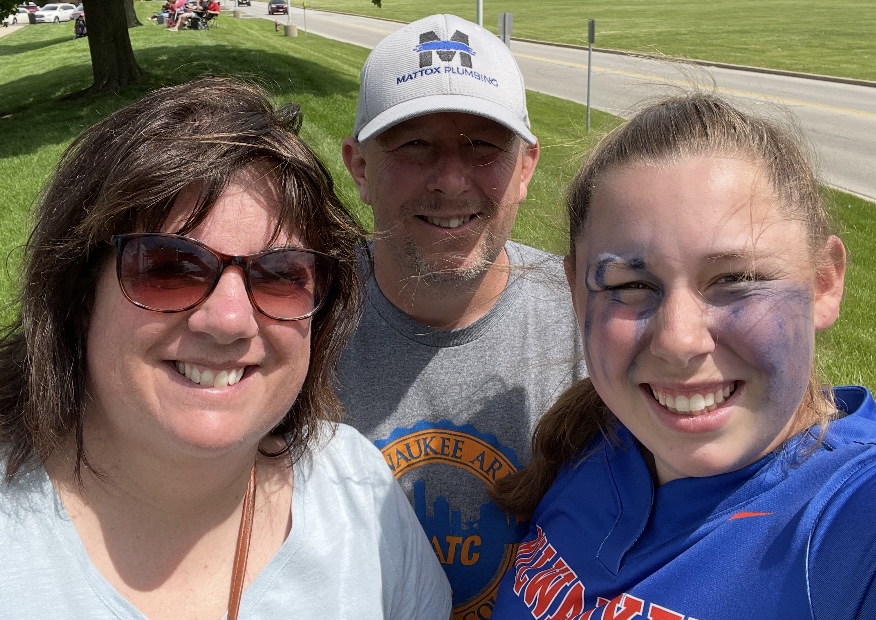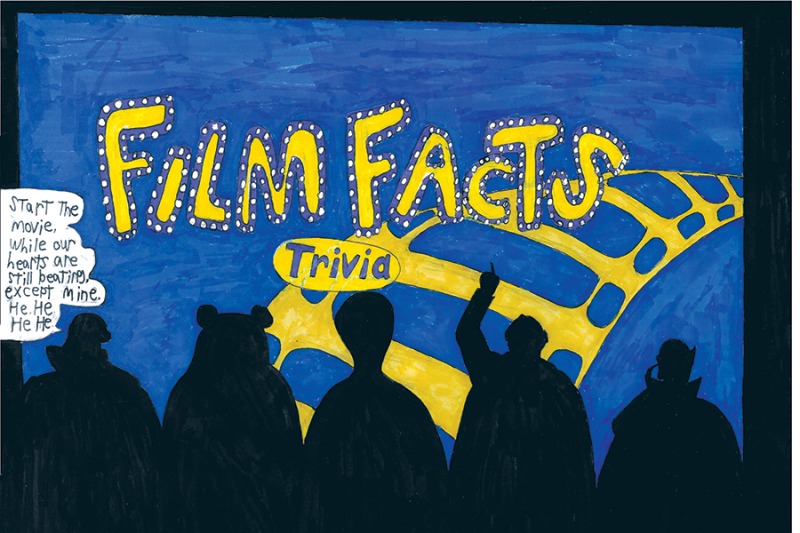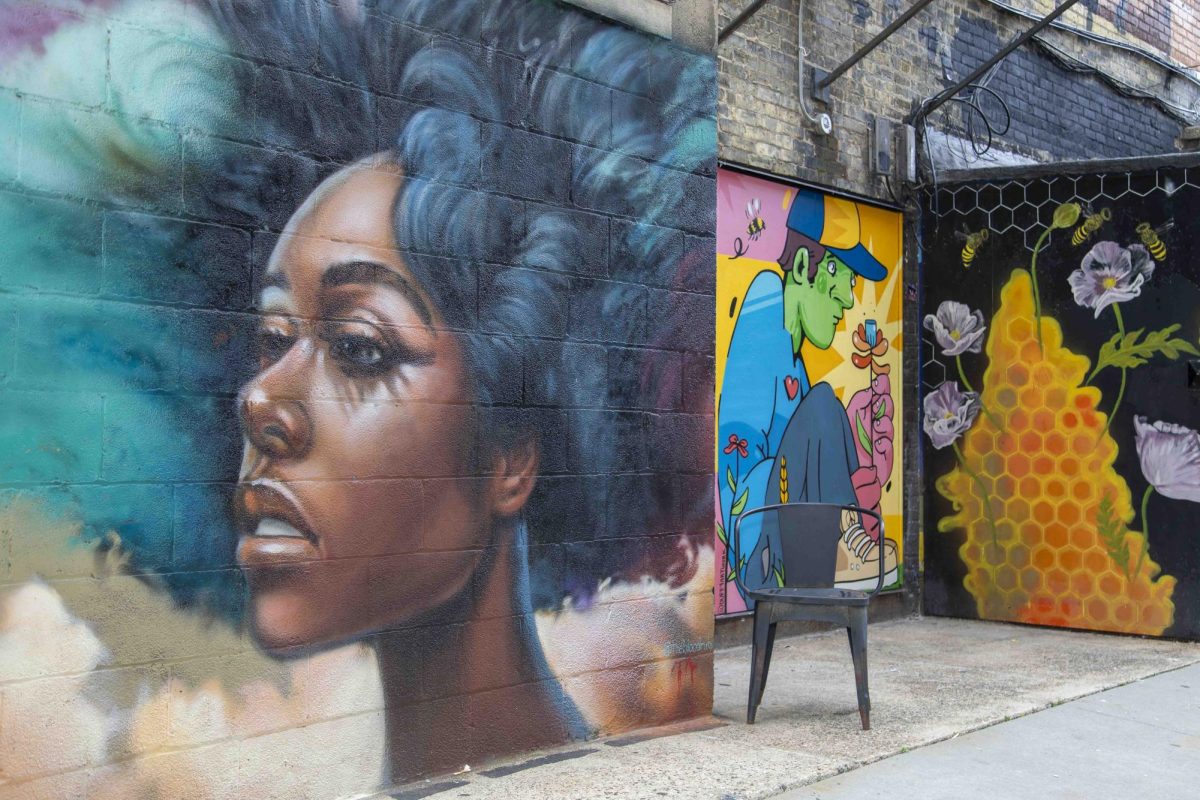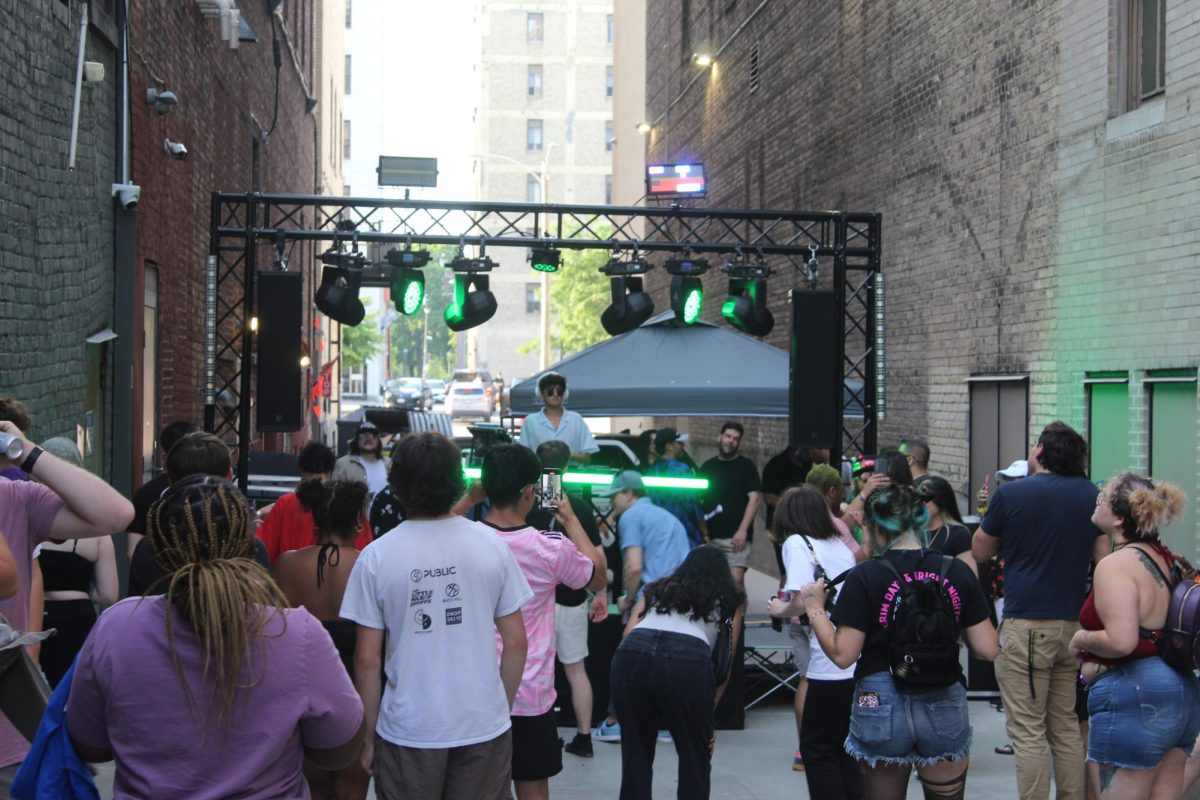“Manic depression is catchin’ my soul,” so sung the bitterly true words of Jimi Hendrix.Unfortunately, manic depression has been catching the souls of many young college students. When one suffers with a mental disorder, it is incredibly difficult to cope with, even when treated. It is challenging to battle the feelings of confusion, hopelessness and emotional pain.
It was about five years ago when I recognized I was depressed, but I thought it would go away over time. I figured that with all of my personal troubles, school and work, I was just in an unhappy funk. Looking back, I realize that I have suffered from depression for as long as I can remember. Senior year in high school I bounced around from different antidepressant medications, however I was uncomfortable being pilled up to create “artificial happiness.”
I continued to struggle the first few years in college unmedicated and suffering with major depression. Because of that, not only was I in deep emotional distress, but my academics severely suffered as well.
This past fall, I finally broke down and caved.
I had no choice but to head back into the doctor’s office and try again. I could no longer fight the battle alone. After a thorough analysis, I was diagnosed with major depression and bipolar 1 disorder. I was catapulted into a state of denial and shame.
I thought, how could I be bipolar? I’m not crazy! For weeks I was convinced it was a misdiagnosis, but I stuck with the medication nonetheless, which eventually proved to help.
I lost some of the most cherished, memorable years of my life because of depression. I built the “great wall of Molly” around myself, pushing away friends, socially isolating myself and turned to unhealthy substitutes for an attempt to find happiness. I look back at that extremely dark period in my life with a sense of bitterness and regret. Bitter because of the immense pain depression caused me, and regret for not seeking help sooner.
As an unexpected victim of mental illness, I have felt the stigma society has placed around the disorder. When diagnosed, I was scared and to this day I still feel embarrassed.
There needs to be increased awareness about mental illness. Some have the preconceived notion of a person suffering from a mental disorder as unstable, overly emotional and incapable of leading a productive life.
A startling statistic from the National Alliance on Mental Illness, NAMI, shows that more than 70% of parents and students would be uncomfortable if a close friend or family member dated or married a person with bipolar disorder.
If our society is that uncomfortable with a chemical balance, then how can the person suffering from it feel comfortable and reach out for help? Mental illness is an internal struggle. It’s a battle to which one must eventually succumb and confess to yourself that it’s a battle you must endure.
It takes great strength and courage to admit one is suffering from depression, bipolar or schizophrenia among other disabilities; which is why it is important colleges and health care offer programs to assist students.
MATC does not have a school psychologist. However, they have a referral program where they can give a student contact information for outside resources. It takes much strength to take the first step in finding help, and then to have to take ten more steps to seek outside help is incredibly discouraging.
If a student is currently seeking treatment, is diagnosed with a mental disability and can provide mental documentation proving diagnosis, they may be eligible to receive assistance through the Student Accommodation Services Department at MATC. If qualified, a student may receive note-taking accommodation, tutoring, or extra test time among other services.
According to a 2004 survey by the American College Health Association, nearly half of all college students report feeling so depressed they have trouble functioning.
“The impact of untreated mental illness on a college student’s life can be devastating,” said Ken Duckworth, assistant professor at Harvard Medical School and medical director for NAMI, in a press release.
“Undiagnosed mental illness can cause people to withdraw socially, drop out of school, engage in substance abuse or exhibit unsettling behavior.”
In some cases, help may come too late. If students aren’t concerned about their mental health and they don’t seek help, it can result in deadly consequences.
According to Suicide.org, the largest suicide support site on the Internet, suicide is the second leading cause of death among college students.
With deadly shootings at universities and college such as Virginia Tech and Northern Illinois, the underlying shadow of mental illness behind the attacks has shed more light on the consequences of untreated mental illness.
Hopefully, help is on the way.
Wisconsin Lieutenant Governor Barbara Lawton has strongly supported the Mental Health Parity Bill, which has been passed by the U.S. House of Representatives. The bill would require most health insurers to provide equal levels of coverage for physical and mental illnesses.
“Untreated mental illness and addiction annually cost the U.S. an estimated $171 billion in lost productivity,” Lawton told a crowd of 600 advocates in Madison for Mental Health Parity Action Day. “Today, Wisconsin’s ranking among the final few states without mental health parity comes at great expense to families and the economy.”
With so many suffering in silence, we all eventually feel the pain.
































































